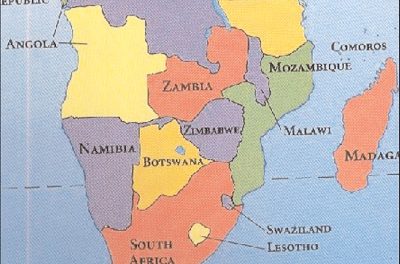
Unions and industry must engage each other
Labour unions are not engaging the fisheries industry often and so does not understand the industry’s concerns and economical pressure that companies go through, says Matti Amukwa, chairman of the Hake Association of Namibia.
Amukwa says most of the employees in the hake sector specifically, received salary increases in the past which were at least inflation related, even when the companies were incurring losses.
“This is not sustainable any more and all parties need to understand each other in a mature manner. It has been proven that strikes and conflict only destroy value and endangers long term sustainability of the main operating companies which are responsible for employment. Mature dialogue and understanding must be developed and nurtured in order to secure the future of the industry and job creation,” he said.
The hake sector, which is the main employer in the fishing industry, employs 9 000 people. The industry employs 13 000 people overall.
Daniel Imbili, president of the Namibia Fisheries Industry and Fisherman’s Workers Union (NFIFWU) says his union’s objective is to establish and maintain a good relationship between the employers and their employees.
“The NFIFWU’s aim is to try at all cost to establish good labour relationships between employers and employees. The union, without a doubt, has established trust between the two parties. But the union feels that more needs to be done in the future in terms of the training of employees and the companies need to have an open door policy at all cost,” Imbili emphasises.
He adds that the companies must ensure that they comply with the Labour Act and that negotiations between the unions and companies be done in good faith.
Imbili says the companies within the fisheries industry should also educate their workers on labour matters.
He further says that generally, the unions have a good understanding with employees within the fisheries industry and that workers are free to join any union of their choice.
The unions also assist people to get job attachments at companies in good standing.
“Divisions in the unions must come to an end and they must represent the workers to the best of their ability. The unions should also stop to mislead the workers and must keep politics out of labour matters. The Ministry of Labour should also treat all labour federations equally, without any favour. If that is not done, the work force of Namibia is divided,” Imbili says.
On a positive note, Imbili thanked the Ministry of Fisheries and Marine Resources for the allocation of more quota.
“The Minister’s (Bernard Esau) response to our pleas for more quotas last year was positive. Because of his initiative and good planning we are seeing positive trends in the industry. We also see that job creation in this sector has improved drastically,” says Imbili.













































